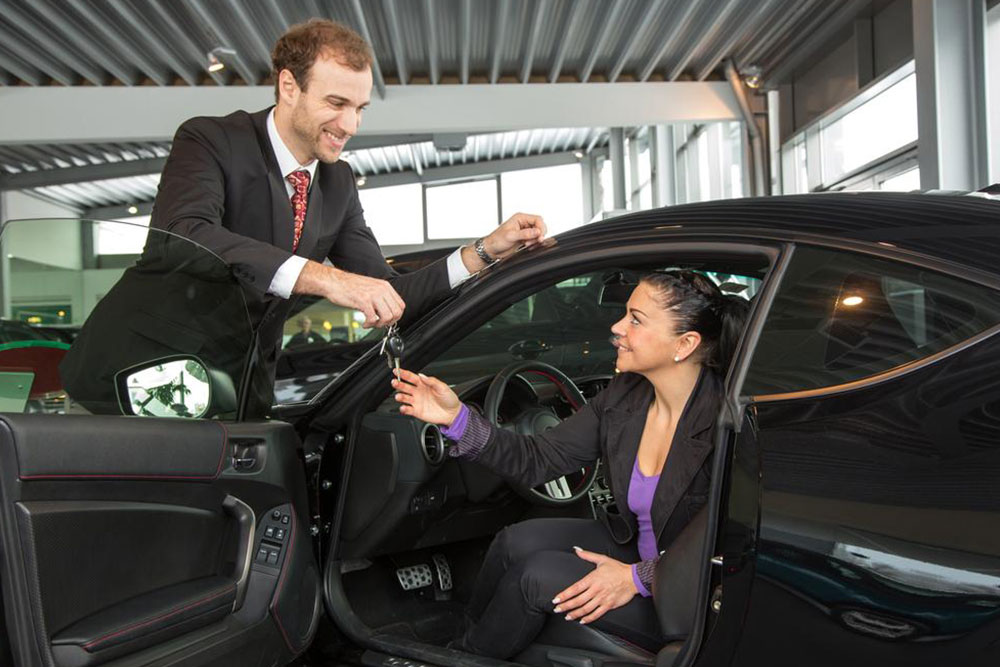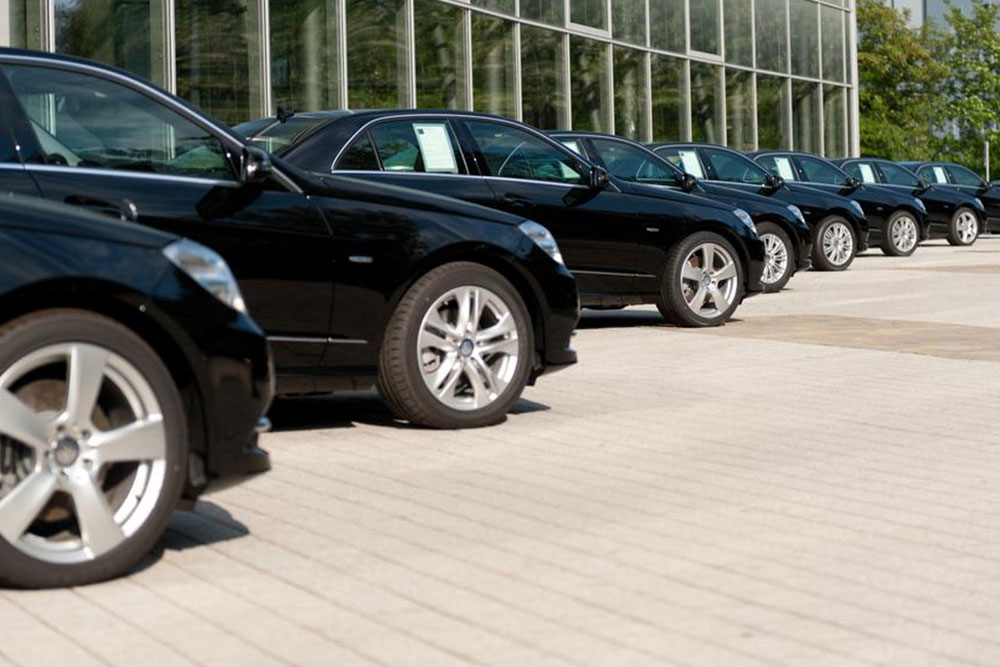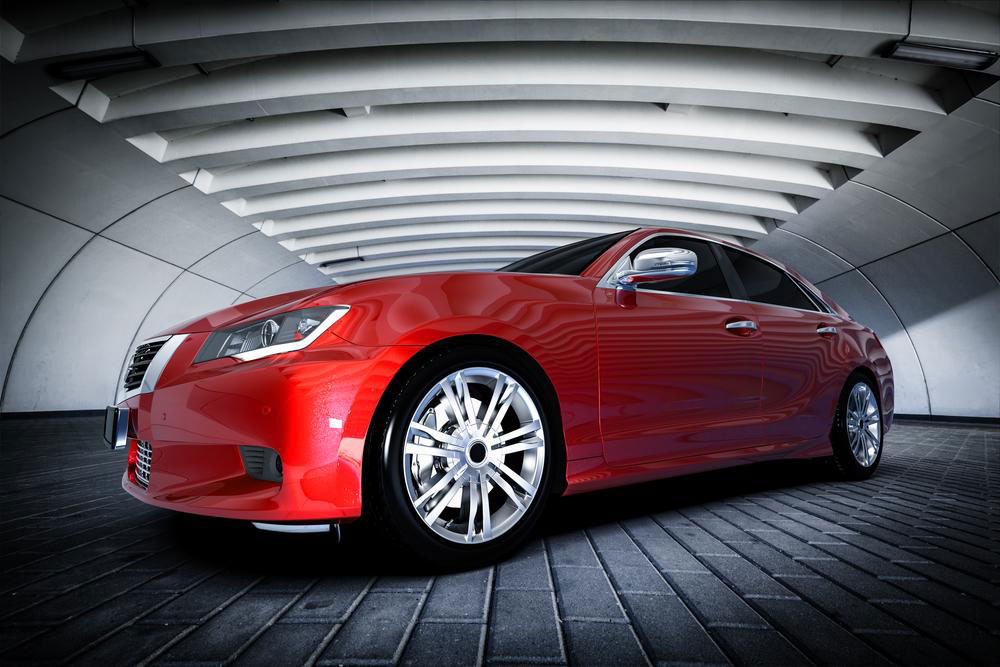Dealer vs. Private Seller: Which Is the Better Choice?
This article compares buying from a dealership versus a private owner, highlighting benefits like warranties, inspections, and pricing strategies. It guides buyers on making informed decisions, emphasizing the importance of inspection and market research for reliable vehicle purchases.
Sponsored

Dealer or Private Seller: Making the Right Choice
When purchasing a vehicle, opting for a certified dealership offers benefits like verified paperwork, financing, and warranties. Conversely, buying directly from an owner involves negotiating private sale terms, often with fewer guarantees. Used cars from dealers are typically inspected and certified for safety, while private buyers should hire experts for inspections. Dealer vehicles might be more expensive but offer trade-in options, whereas private sales can be more flexible on price. Consider your needs carefully to determine the best purchasing route.
Advantages and Disadvantages:
Buying from a dealership simplifies paperwork, provides financing options, and includes warranties. Private sellers often expect cash payments, with no guarantees, requiring thorough documentation checks. Dealer cars are usually inspected and certified, ensuring safety, while private buyers should seek independent assessments. Certified vehicles tend to be more reliable, but private sales might give room for price bargaining. Dealerships often set fixed prices, making negotiations difficult, whereas private sellers can be more flexible, but buyers should verify the vehicle's worth through trusted sources.
In dealerships, sales staff may pressure buyers into quick decisions, especially first-time car buyers. Private sales allow more time for consideration and negotiation, leading to smarter purchase decisions.






